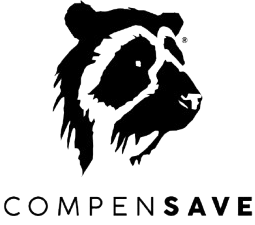Frequently Asked Questions


A carbon certificate is a document that represents the reduction or removal of one metric ton of carbon dioxide (CO₂) or its equivalent in other greenhouse gases from the atmosphere. These certificates are generated by verified projects that contribute to climate-change mitigation, such as reforestation, renewable energy, energy efficiency, or carbon capture.
The voluntary carbon market is a system where companies, organizations, and individuals can voluntarily purchase carbon credits to offset their greenhouse-gas emissions. Unlike compliance markets, transactions here are not mandated by law; they are driven by corporate sustainability commitments, social responsibility, and voluntary climate goals.
“Non-incurrence” of the carbon tax is a tax benefit that allows companies to avoid paying the national carbon tax when they demonstrate that they have offset their emissions by purchasing verified carbon certificates. In Colombia, this mechanism incentivizes participation in climate-mitigation projects and reduces the tax burden while contributing to environmental sustainability.
The frequency depends on several factors: your organization’s climate goals, local regulations, and the sustainability strategy in place. Offsetting annually—aligned with your corporate emissions report—is generally recommended. Some companies opt for quarterly offsets or link them to specific events, product launches, or sustainability marketing campaigns.
Offsetting emissions is essential to fight climate change and meet the goals of the Paris Agreement. Beyond environmental benefits, it offers business advantages such as stronger corporate reputation, regulatory compliance, access to new markets, lower operating costs, and greater appeal to investors and environmentally conscious consumers. It can also provide tax benefits and position the company as a sustainability leader.
Offsetting generates benefits at multiple levels: ecosystems and projects, which receive funding for conservation, restoration, and monitoring; local communities, which gain jobs, payments for environmental services, training, and social investment; your organization, which improves regulatory compliance (e.g., tax non-incurrence), reputation, and ESG goals; and society at large, through verified GHG reductions and biodiversity conservation with traceability and auditable reporting.
The focus is direct support for the conservation mission.
- Financial contribution: Purchase their carbon credits at scale or make direct donations to fund on-the-ground projects.
- Strategic alliance: Become a corporate partner, sponsor specific programs, or act as an ambassador to amplify their voice and mission.




